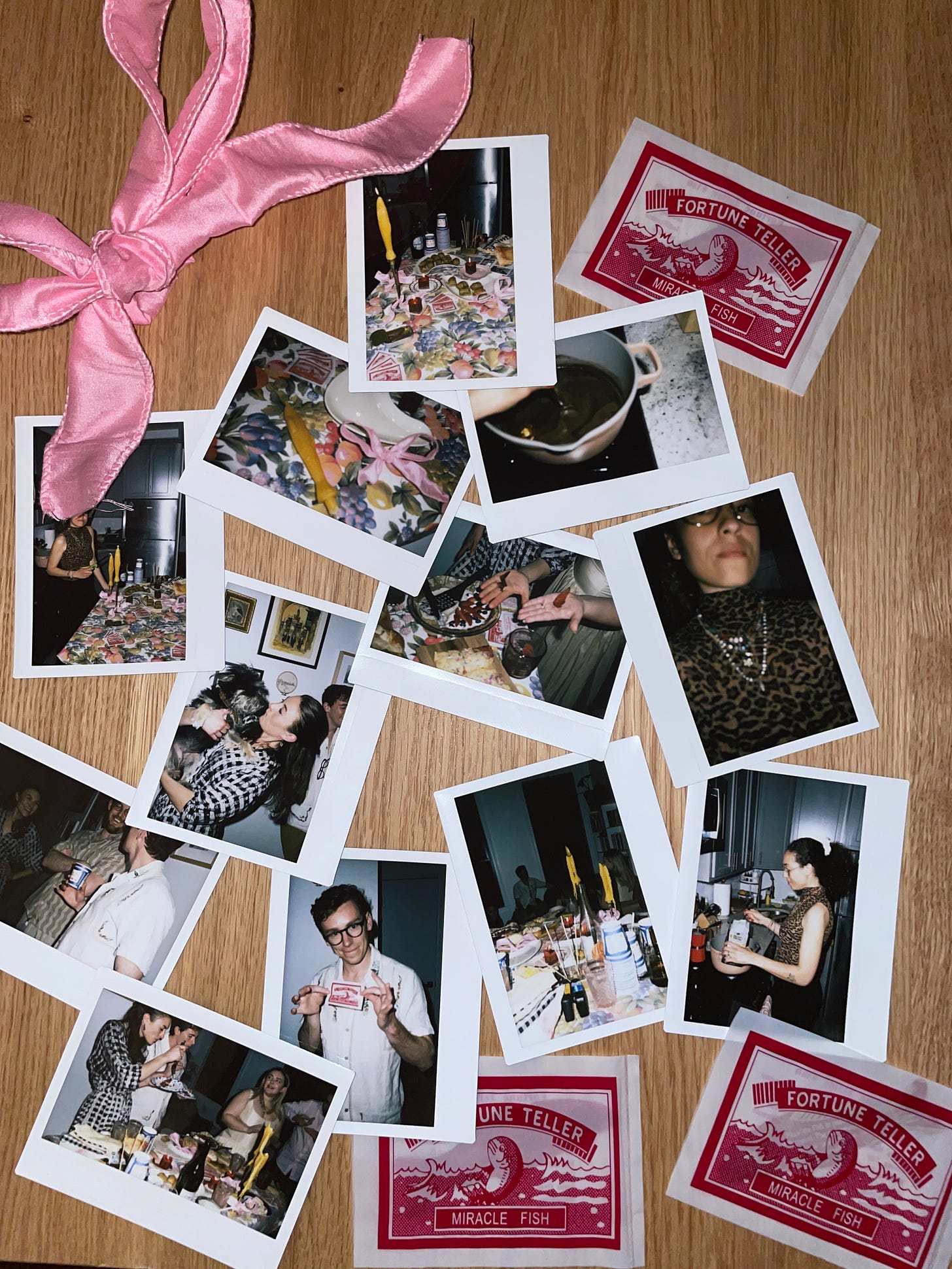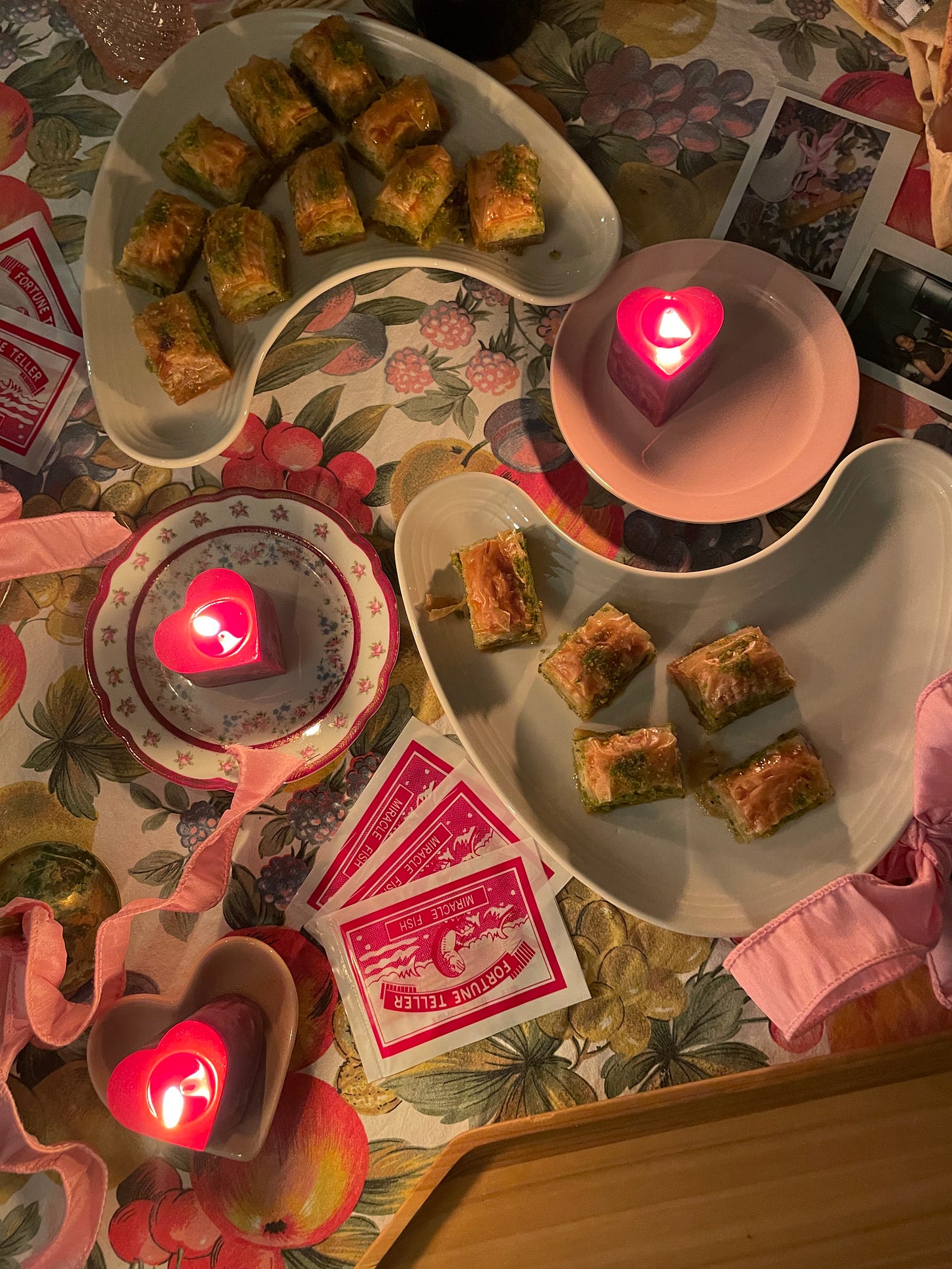I didn’t keep kosher this Passover.
In fact, I don’t recall when I last kept kosher for Passover. But in my family, that never really was the point. For us, Judaism is about our culture. It’s about the passed-down dishes, the tradition of beach days on Saturdays in Herzilya, and the many tiyulim (hikes/walks) I’ve done with my extended family. It’s about the Turkish coffee my aunt Anat makes in a big pot on the stove for everyone on Yom Kippur, and the olive tree that my uncle harvests and brines a big jar from every year.
We lived far away from our extended family growing up, so we didn’t have the chance to celebrate a lot of the traditions of Judaism in the laid-back, cultural way we would’ve liked to. And we certainly never celebrated alone. Most of the time, we’d get absorbed into another family and their traditions joining their table, and we’d celebrate the holiday their way. The more frequent traditions, like weekly Shabbat, weren’t a thing that my immediate family did. It became something I related to experiencing only when I was in Kfar Saba in my safta Becky’s kitchen—a Pyrex dish of her famous pastel or bourekas being pulled out of the oven followed closely by the smell of brown-buttered pastry dough and toasty sesame seeds. And man, did I look forward to (and continue to endlessly pine for) those times.
When I moved to Israel for university, it felt as though I had an opportunity to finally dive deeper into the rituals of Judaism on my terms. In those three sweet years, I built friendships with students from around the world with one thing in common—our Jewish culture. We’d shared stories, songs, and family dishes, joining them together into a beautiful patchwork quilt that became our own unique tablecloth to set the table with. It was a cobbled-together version of celebrating Judaism that was uniquely ours, just like the family we’d become.
When I finished my studies and subsequently left Herzilya, it left a hole in my heart. These traditions I had created with my friends had become an integral part of my routine and felt nearly impossible to do alone. I returned to America feeling very lonely and unsure how to continue integrating something that had become so important to my identity and my vitality. For years, I wondered if I’d ever feel a sense of wholeness again.
It was while finishing up The Red Tent, a book written from the women’s perspective (and their undeniable power) in early biblical times, that it dawned on me—this is for me to build.
In Judaism, it is the woman’s job to carry on the traditions. We light the candles. We set the menu and the ambiance. We are the householders and by taking this control, we ultimately get to be the ones who set the magic of our spaces. And this is where ritual thrives.
And so I began. I decided to host Mimouna, traditionally a Moroccan celebration of eating leavened products again after Passover and infusing good luck into the new year. Although I didn’t keep fully kosher, and I’m not Moroccan, I knew I wanted to host. I invited friends and neighbors to join me, dress up, and bring a pastry. I made a playlist and a mood board, and I set the table.
I brewed Turkish coffee on the stove just like my aunt does, and laid out baklava. I placed fish in the form of chocolate and candles on the table (a symbol of good luck), and as my guests arrived, the platters grew with a bounty of beautiful pastries.
Here, in my living room in Brooklyn, surrounded by many friends who’d never even heard of a mimouna, I planted a seed for ritual. I introduced them to my culture and to my heart. And if only for the night, I felt just a tiny bit of home.
Until next year. Chag Sameach.





So happy that we could be there to celebrate and be in community. Huge hugs!
🙏❤️👏